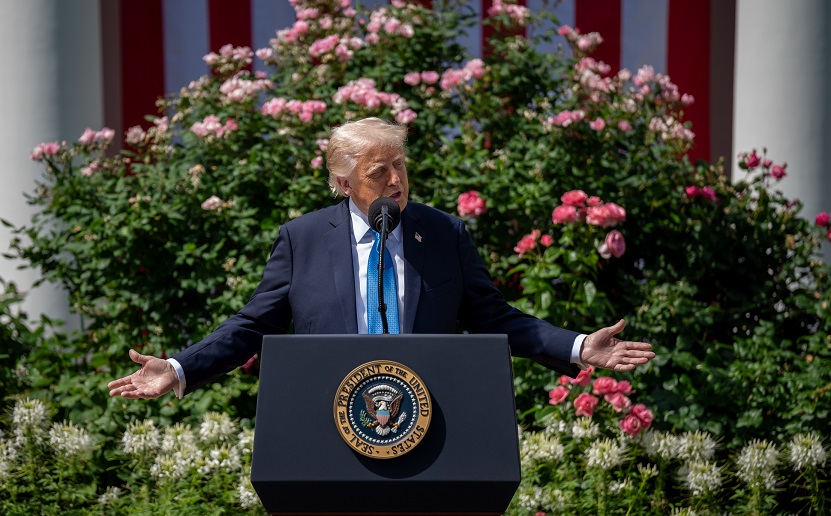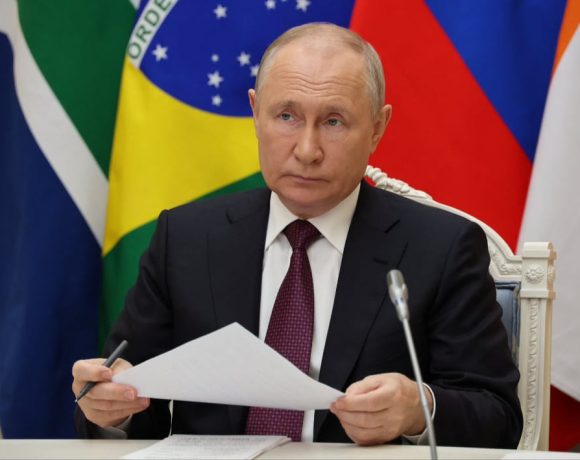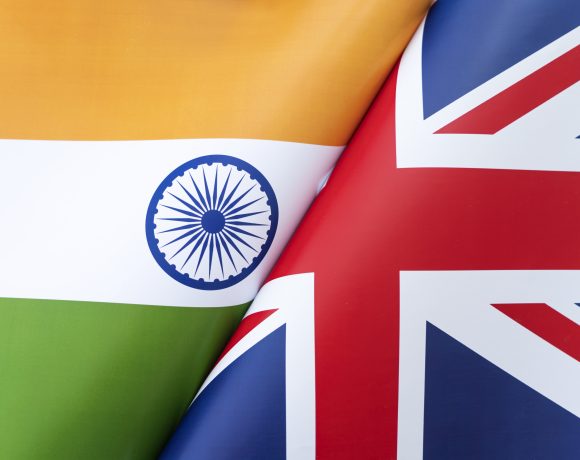
Trump Threatens Extra 10% Tariffs on Countries Backing “Anti‑American” BRICS
U.S. President Donald Trump has escalated his trade policy rhetoric by declaring that any country aligning with what he calls the “anti-American policies” of the BRICS group will face an additional 10% tariff. The announcement came via a direct message on Truth Social as the BRICS summit was underway in Rio de Janeiro.
Trump stated unequivocally, “Any Country aligning themselves with the Anti‑American policies of BRICS, will be charged an ADDITIONAL 10% Tariff. There will be no exceptions to this policy.” The declaration builds on his already aggressive tariff strategy, which currently ranges from 10% to 70% on various imports based on trade imbalances and national security considerations.
BRICS tariffs
Trump’s warning follows a sharp geopolitical backdrop, where BRICS nations issued a strong joint statement condemning U.S. and Israeli strikes on Iran and criticized Washington’s unilateral trade actions. By linking tariff enforcement directly to geopolitical allegiance, Trump aims to penalize countries perceived as undermining American influence on the global stage.
Trade policy
This announcement also comes as part of a broader framework involving reciprocal tariffs, initially announced in April and temporarily paused for 90 days. That window is set to close on August 1, unless nations currently negotiating with the U.S.—such as Vietnam, Thailand, and others—meet revised terms. Trump has reportedly issued July 9 as a deadline for countries to respond to these ongoing negotiations or face heightened trade penalties.
Market response
Financial markets responded with concern. Asian stock indices dipped amid renewed uncertainty, oil prices edged lower, and investors moved toward traditional safe-haven assets. The global market’s sensitivity to Trump’s potential return to the White House and the trade tools he may wield remains significant.
Why This Matters
Trump’s approach to international trade is increasingly intertwined with geopolitical signaling. By threatening higher tariffs on countries that support BRICS-led initiatives seen as contrary to U.S. interests, Trump is effectively drawing a new line between economic cooperation and strategic alignment. This development could reshape future trade deals and diplomatic engagements, especially for countries like India, Brazil, and the UAE, which maintain active relations with both the West and the BRICS grouping.
As the countdown to August 1 continues, many nations will be weighing the economic costs of BRICS solidarity against the threat of U.S. economic retaliation.


















